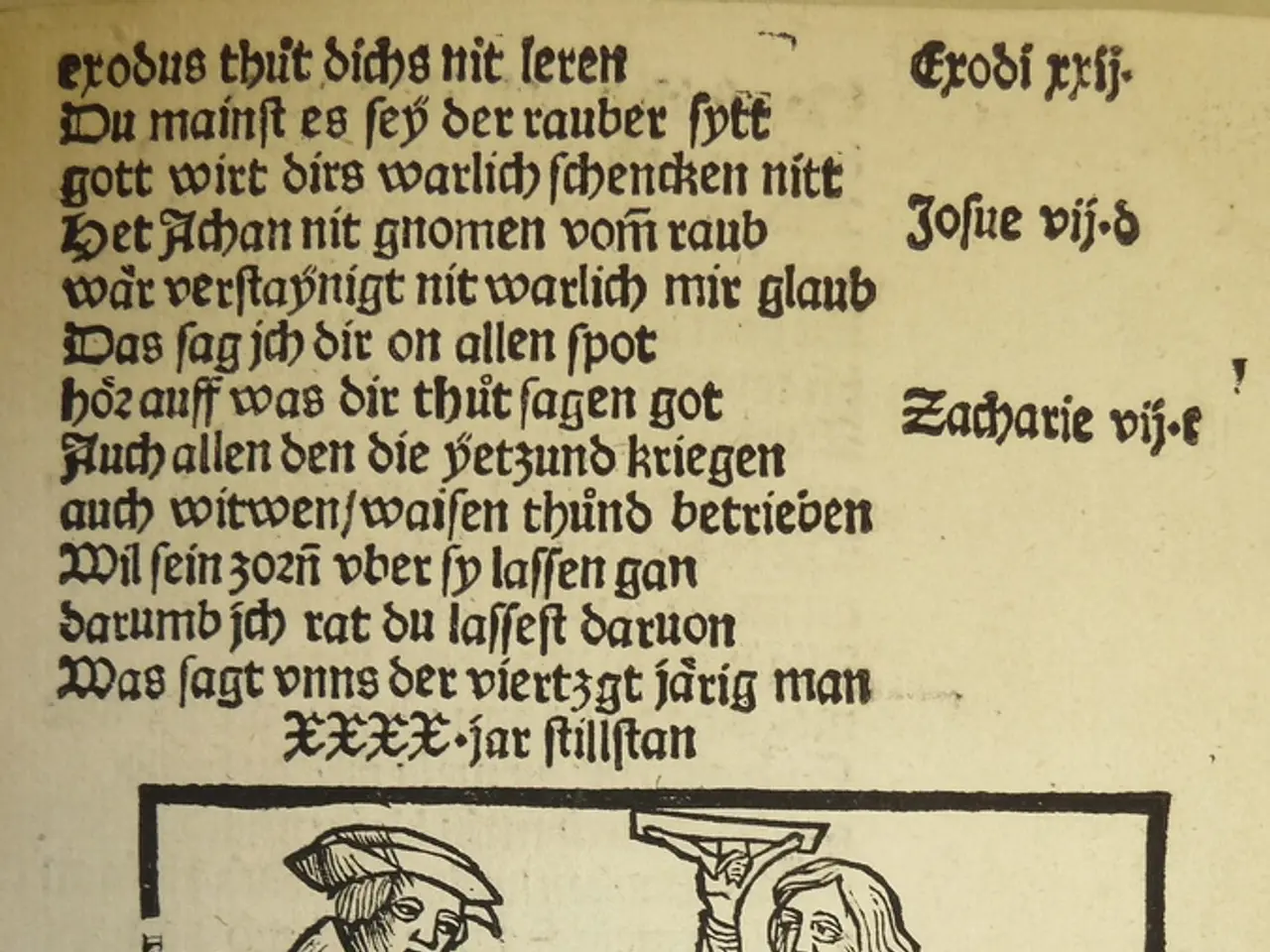At the Alaska summit, Putin delivered his closing remarks in English, a language he has shown a greater proficiency in than his public persona implies.
Russian President Vladimir Putin's use of English in diplomatic interactions, particularly with U.S. President Donald Trump, has been a rare and significant occurrence. This break from his usual reliance on interpreters marks a strategic, informal gesture aimed at fostering a relaxed atmosphere or conveying political messages directly.
Putin's linguistic capabilities include fluency in Russian (his native language) and German, a skill he acquired during his KGB posting in East Germany. His English, while less fluent, is sufficiently competent for informal use and understanding. He occasionally corrects interpreters, as evidenced in 2017 when the Kremlin stated that Putin understands English "almost completely."
The most notable instance of Putin's English use was during the 2025 summit with Trump in Alaska. Putin addressed Trump directly in English, inviting him to Moscow—an unusual and politically weighted moment. This choice to speak English was partly a demonstration of linguistic flexibility and a personal diplomatic tactic, aiming to create a more comfortable, direct communication channel.
Historically, Putin has preferred Russian with translators in formal diplomacy, reflecting Russia's emphasis on sovereignty and the symbolic importance of language in international relations. However, his occasional English use during the Trump summit was notable given the tense context of U.S.-Russia relations amid conflicts like the Ukraine war and divergent geopolitical interests. This nuanced attempt to manage the diplomatic environment underscores the symbolic and practical significance of Putin’s English use.
Putin's English use suggests a personal outreach, signals linguistic competence tailored to specific interlocutors, and serves as a subtle political gesture within a complex bilateral relationship marked by historical tension and cooperation. For instance, Putin gave an exclusive interview to CNN in 2008 about the conflict in Georgia, in which he spoke in part in English. More recently, in May, Putin was able to understand Trump before his interpreter relayed a translation, according to Russian state media TASS.
Furthermore, during a video conference earlier this year, Putin responded in fluent German to a German man who was seeking citizenship in Russia. Using interpreters at high-level meetings allows leaders room for maneuver, but Putin's direct use of language in diplomacy adds a personal touch and underscores his commitment to fostering open communication channels with world leaders.
In conclusion, Putin’s English use in diplomacy with Trump has symbolic and practical significance: it suggests a personal outreach, signals linguistic competence tailored to specific interlocutors, and serves as a subtle political gesture within a complex bilateral relationship marked by historical tension and cooperation.
- Putin's decision to use English during his diplomatic interactions with Trump, such as during the 2025 summit in Alaska and the 2008 exclusive interview with CNN about the conflict in Georgia, indicates a personal outreach and a strategic use of language for political purposes.
- Given his less fluent but sufficiently competent English, Putin's choice to speak English in certain settings occasionally, like with Trump or during the video conference with a German man, serves as a subtle political statement, emphasizing his commitment to open communication channels and fostering a more relaxed diplomatic atmosphere.








